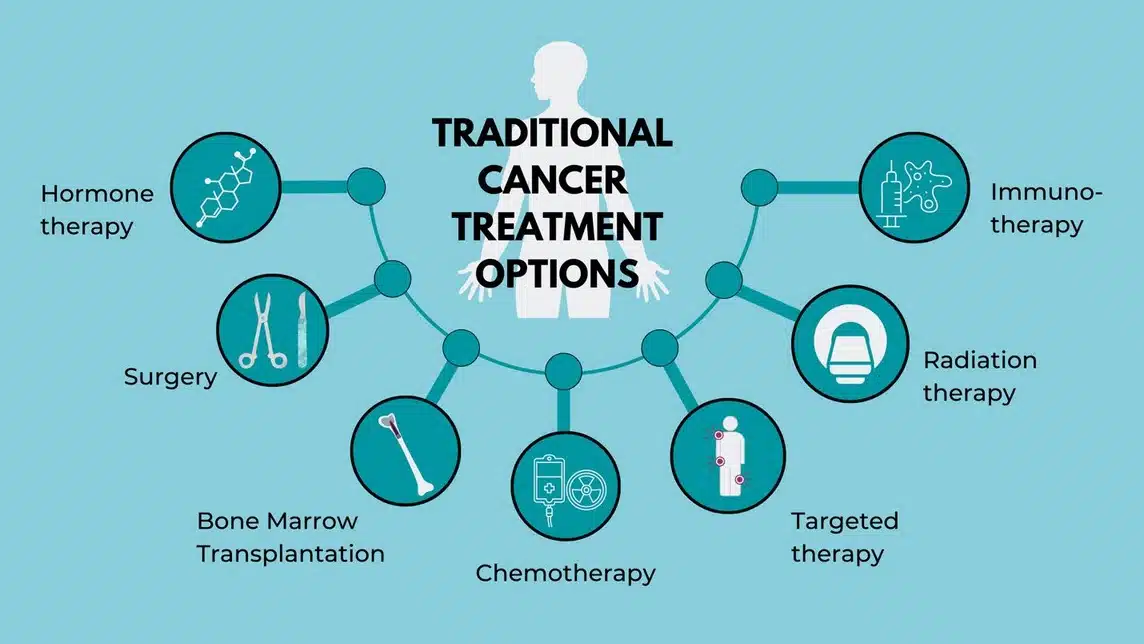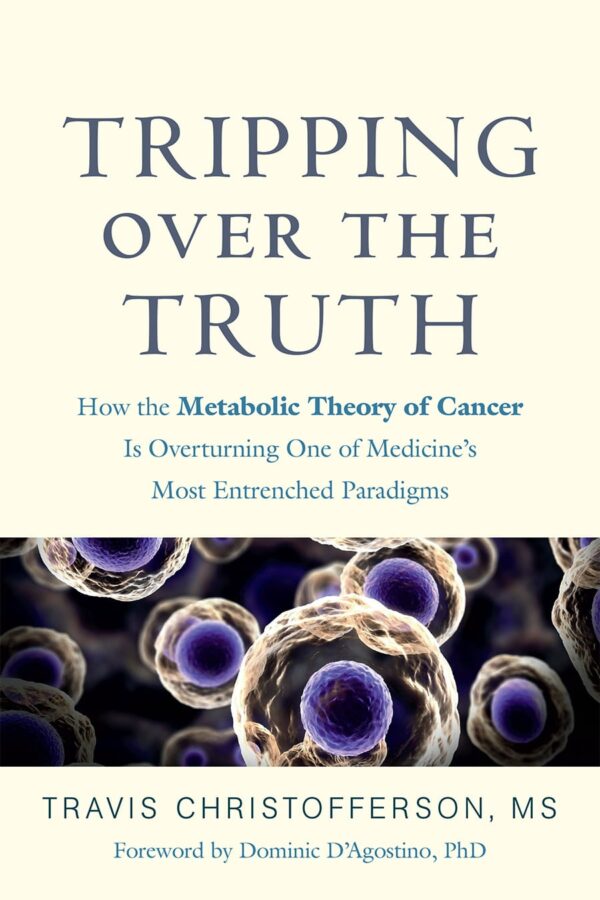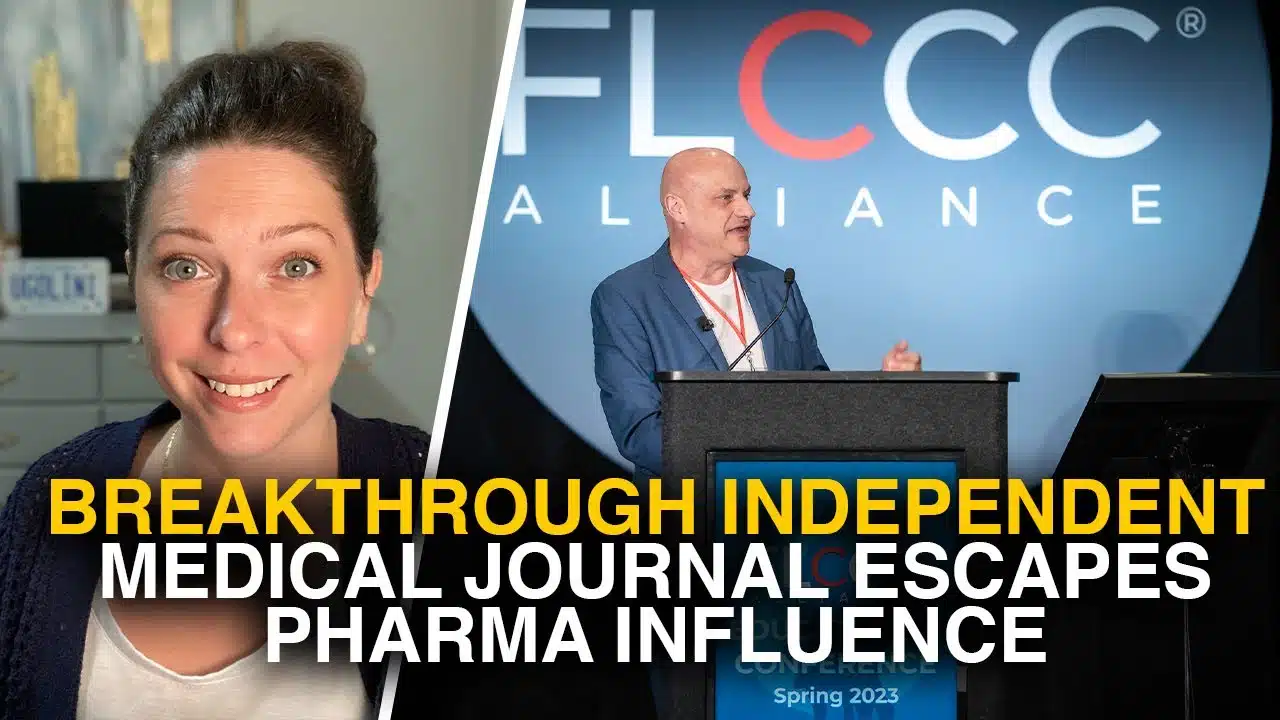
I’ve never had much interest in maintaining the status quo. If I had, I most likely never would have developed a treatment for one of the commonest causes of death in hospitals — medical sepsis — which takes the lives of around 30,000 people each day around the world.
My solution consisted of administering three safe, inexpensive, easily accessible drugs that could be repurposed for sepsis. Time after time when I gave patients vitamin C, hydrocortisone, and thiamine, their condition turned around within hours.
Repurposing drugs is nothing new. Around a third of all prescriptions in the United States are written for so-called “off-label” uses. Bringing new drugs to market can take decades and cost billions of dollars while existing licensed drugs can be repositioned to offer safe, affordable, and effective treatments in a short period of time.
Traditional medicine typically hates this. Just look at the incredible attack campaigns launched against therapies like vitamin D, vitamin C, corticosteroids, and everyone’s favorite horse paste — ivermectin. I’ve seen the tactics play out again and again and have now become adept at recognizing them.
My colleagues and I at the Front Line COVID-19 Critical Care Alliance (FLCCC) have had great success in using repurposed drugs, as well as vitamins, supplements, and lifestyle changes, to treat not just COVID, long COVID, and COVID vaccine complications over the past few years, but also metabolic syndrome and diabetes. While researching and developing treatment approaches for the above conditions, I began reading huge volumes of information and saw an interesting pattern emerge that led me to investigate the potential role of repurposed drugs in cancer treatment. I did thousands of hours of reading — books such as ‘Tripping Over the Truth’ and ‘How to Starve Cancer’, as well as over 1,200 peer-reviewed papers. I also consulted with dozens of doctors and other experts.

In doing so, I learned that much of what I once understood about what causes cancer and how it should be treated was wrong or at least misguided. What I found was truly astonishing — 60 to 80% of cancers are preventable and there are hundreds of repurposed drugs that have some level of effectiveness at various stages of the treatment process.
I decided to focus on the top 20, which I believe have the most potential. I want to make it clear that I am not suggesting I have found a cure for cancer, nor am I the first to propose using repurposed drugs for cancer. What I think my new piece of work does is provide a well-researched clearinghouse of information that picks up where traditional cancer therapies leave off, gathering the data in one place.
People may ask why I, an ICU doctor, feel compelled to present a monograph on cancer. My response is this: one thing I have become very skilled at in my decades-long career is evaluating and assimilating scientific literature and presenting it in an understandable way, which is what I have attempted to do here. But beyond that, I have no conflicts or vested interest in any particular treatment strategy for cancer, which allows me to look at all the possible interventions objectively and scientifically. Therefore, what I have put together is truly an unbiased and honest assessment of what science has to offer. I aim to inspire providers who are caring for cancer patients to broaden their horizons and think creatively about readily available interventions that could improve their patients’ outcomes.
This is not a substitute for oncology but should be seen as a complement or additive treatment that could enhance the effectiveness of traditional cancer treatments or reduce the need for highly toxic chemotherapeutics.
While I no longer see patients directly, I will forever be bound by my Hippocratic Oath to ‘first do no harm’. My goal is, and will always be, to improve the quality of patients’ lives.
Review the entire Cancer Care monograph at https://covid19criticalcare.com/reviews-and-monographs/cancer-care/
Register for FLCCC Weekly Webinar: https://zoom.us/webinar/register/WN_2CY5VGh7Rk6NeDPZOpzKyQ#/registration





